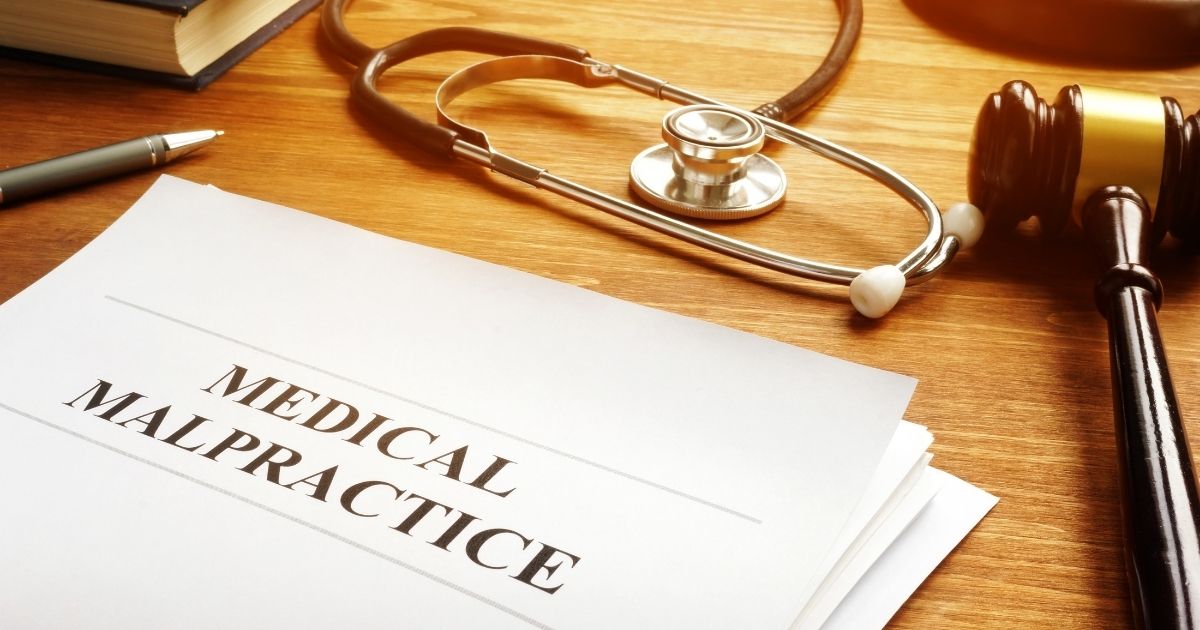Medical malpractice occurs when a healthcare professional fails to meet the standard of care, resulting in patient injury or harm. Suppose you believe you or a loved one experienced medical malpractice. In that case, a qualified attorney can help you understand your legal options and navigate the claims process. Use the following guide when choosing a medical malpractice lawyer to represent your case.
The first step involves defining the specific case details to communicate to prospective attorneys during initial consultations. Be prepared to explain the sequence of events, the nature of the injuries sustained, and the identities of all healthcare providers involved. Providing concise medical records and bills also proves helpful. The attorney relies on this information to assess the merits of potential malpractice claims.
It proves wise to hire an attorney quickly following an incident before exceeding the statute of limitations. These deadlines require filing within a specific window, often 1-3 years, depending on individual state laws. Early legal guidance maximizes the chances of building a viable case, sending notices within required time frames, and avoiding delayed complaints that can get dismissed solely based on late timing.
Table of Contents
Qualifications to Look For
An attorney’s specific qualifications offer insight into their medical malpractice expertise.
Relevant Experience
Pay attention to the percentage of an attorney’s caseload devoted to medical malpractice compared to other personal injury or general law. A higher proportion indicates a more robust familiarity with associated laws and litigation strategies. Also, it confirms extensive firsthand experience handling similar cases rather than just superficial knowledge.
Board Certification
Seeking out someone who achieved board certification in medical malpractice law also suggests specialty focus, access to current legal education and standards, and commitment to this field. Only a subset of attorneys earn this distinction through intensive examination.
Trial Record and Settlement Rate
The ideal lawyer possesses substantial experience taking cases to trial as this readies them to mount arguments before medical review panels or pursue favorable verdicts and awards if panel negotiations and settlement talks fail. High settlement rates also showcase an ability to deliver results without over-relying on trials.
Questions to Ask During Consultation
An initial case assessment meeting offers the chance to gauge legal fit through questions.
Case Evaluation Approach
Ask how the attorney will evaluate the merits of your allegations and what resources they utilize to develop claims, such as independent medical experts. Verify a customized legal strategy centered around your situation.
Fee Structure
Understand precisely how contingency fees get calculated, when expenses apply versus inclusion in the percentage commission, and how costs tally in various outcome scenarios. Transparency around compensation prevents sticker shock.
Accessibility and Responsiveness
Getting your calls and messages returned promptly keeps you informed. Seek out reassurance regarding communication expectations and case involvement so you stay updated and provide input.
Checking References and Reviews
References and reviews offer qualitative insights into working relationships with past clients. Request case examples that mirror your scenario along with client endorsements. If little direct feedback gets published, check lawyer rating platforms to uncover common complaints identifiable across reviews.
Conducting Background Checks
Verifying credentials and disciplinary history matters when assessing attorney qualifications.
Verifying Credentials
State bar associations provide free tools to validate law licenses to guarantee proper standing, law school, and year of admittance. Compare against case experiences mentioned to double-check timelines.
Researching Disciplinary Actions
Regulatory bodies also list attorney disciplinary actions like reprimands and suspensions, so review records to uncover past professionalism problems or patterns of concerning behavior. Even resolved issues raise flags if egregious or repetitive.
Assessing Communication Fit
A medical malpractice case often spans months or years, so gauging initial personality and communication compatibility offers hints about the long-term working relationship. Notice how attentively they listen to case specifics, if conversations feel rushed or personalized, and whether Question prompting encourages elaboration versus closed-ended shutdowns. These subjective but telling signs speak to counsel match potential.
In conclusion Identifying the right medical malpractice lawyer requires scrutiny of specialty qualifications beyond bar membership and research into background and style. Weighing expertise, disciplinary history, fees, and responsiveness affect litigation experience. Ask targeted questions during a thorough consultation and check references to ascertain attention investment before committing. Although the process takes effort, choosing appropriate legal counsel directly impacts outcome potential.
FAQs
What qualification questions should I ask medical malpractice attorneys during an initial phone call?
Some vital early questions to ask over the phone include:
- How many years have you practiced medical malpractice law specifically, as opposed to personal injury or other law?
- Approximately what percentage of your current caseload involves medical malpractice?
- Are you board-certified in the medical malpractice field?
When meeting in person to discuss my case, what questions should I be prepared to answer?
Prospective attorneys will inquire about details like:
- What was the specific sequence of events?
- Who were the involved healthcare professionals (names and roles)?
- What was the exact nature of injuries or harm suffered?
- What are my current and future medical needs arising from this incident?
What medical records or documentation should I bring to an initial consultation?
Proper documentation to bring includes:
- Relevant medical charts and radiology reports tied to the incident
- Bills associated with subsequent hospitalizations, treatments, or procedures
- Any notices or letters received from healthcare providers
How much do medical malpractice attorneys typically charge when taking cases on contingency?
Most medical malpractice lawyers work on contingency, taking 30-40% of the final award amount if successful with the case. However, the client remains responsible for covering applicable legal expenses.
What are examples of legal expenses that clients may owe in a medical malpractice case?
Everyday legal expenses paid directly by clients during medical malpractice litigation include fees for acquiring medical experts, record copying, court filing charges, deposition transcription, and process servers. Depending on the arrangement, some attorneys also bill clients separately for routine costs like postage, faxes, and phone calls.

